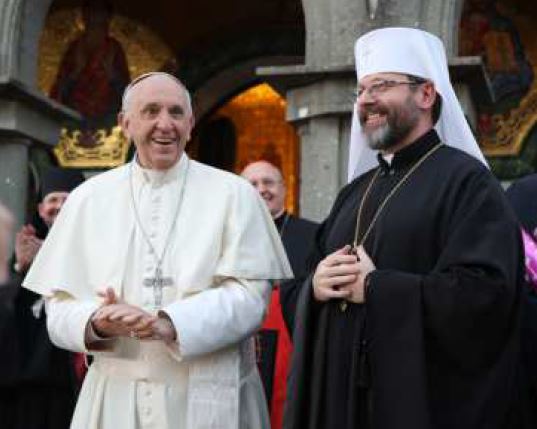
One of the major achievements of the Revolution of Dignity is this. The Revolution has released the whole of Ukrainian society from any obligations entitled by its previous post-soviet social contract. By being released from the old social contract we have opened ourselves up for a design of a new social contract founded on the respect for human dignity and solidarity.
When it comes to the future and the hope for the future, I am convinced that the Revolution of Dignity has taught us a powerful lesson which is well captured by saying: a free society is a moral achievement. The education should not only be receptive of this idea but it should think of itself as a critical player and, perhaps, the leading stakeholder in educating us for freedom. It should enable and inspire us for a kind of an achievement which a free society is.
If looking beyond the Ukrainian experience, it is becoming increasingly evident that we need to develop a new vision for a rapidly changing world, that is to say, a vision for us humans as the global citizens of the 21st century. This is where, for instance, the “Education in Dignity” comes to the fore as a rich concept which can encourage us for such new vison and empower to implement it.


Leave A Comment
You must be logged in to post a comment.